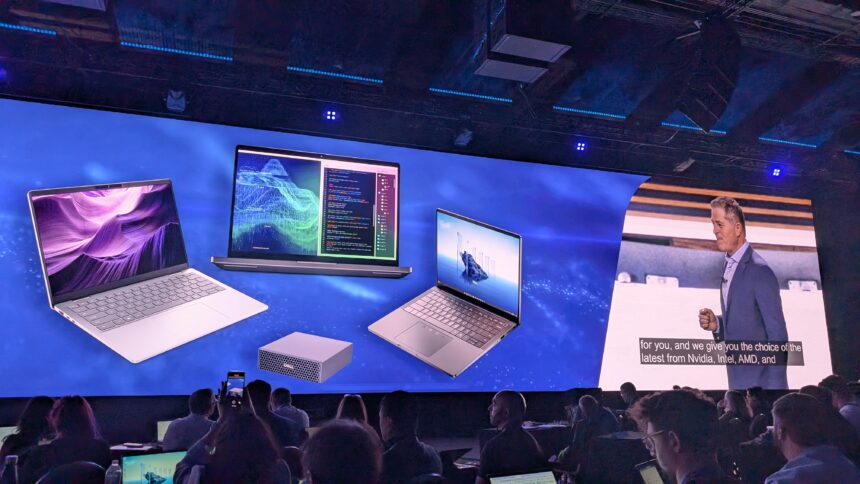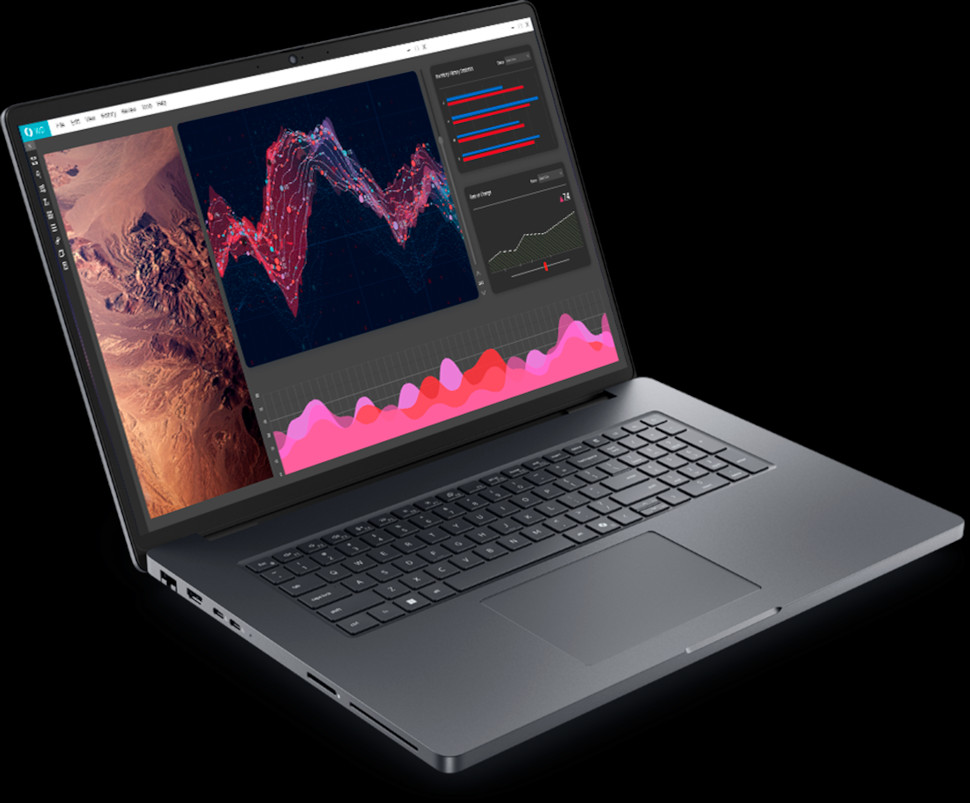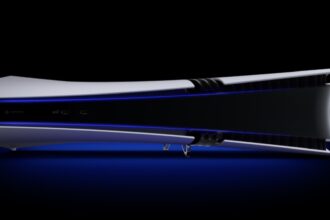- Dell’s CEO Anticipates Surge in AI-Powered PC Demand Ahead of Windows 10 End-of-Life
- “Dell at the Forefront of AI PC Revolution,” Declares Michael Dell
- Dell Advocates for AI as a Collaborative Partner in Business, Not a Job Displacer
As we edge closer to the end of support for Windows 10 on October 14, 2025, Dell is gearing up to be the cornerstone for both consumers and corporate entities navigating this crucial transition. With Microsoft officially pulling the plug on its popular operating system, the need for upgrades has never been more pressing, particularly to fend off increasing cybersecurity threats.
In a recent press briefing, CEO Michael Dell articulated the company’s proactive strategy to address the impending demand, showcasing Dell’s extensive portfolio designed for users eager to abandon outdated technology for a more secure and efficient computing experience.
As enterprises deliberate their next steps, the tide is shifting toward acquiring new devices, and Dell is strategically positioned to present its innovations as the premier choice for a technological overhaul.
AI Workstations: The Future of Computing
“Artificial Intelligence is redefining the landscape of personal productivity,” Dell remarked during his keynote address at Dell Technologies World 2025. “With roughly 1.5 billion PCs rapidly aging, we are primed to introduce innovative, AI-driven replacements.”
With the deadline for Windows 10 support looming, Dell asserts that its novel solutions distinctly differentiate the company in the competitive commercial AI PC arena. “We’ve streamlined our offerings, providing users with an intuitive selection from leading technologies, including Nvidia, Intel, AMD, and Qualcomm,” he elaborated.
According to Dell, “Today’s computers are evolving into AI workstations, offering remarkable speed and all-day battery performance through advanced NPU and GPU technologies.”
Focusing on the revolutionary Dell Pro Max, Dell described it as an exceptional workhorse for developers and scientists alike, featuring up to 20 petaflops of computational power coupled with an impressive 800GB of RAM. This enables users to run and train incredibly complex models containing a trillion parameters.
Explaining the trend toward edge computing, Dell noted, “AI is shifting from being cloud-centric to becoming distributed across devices, allowing real-time processing capabilities wherever they are.” With Dell’s AI PCs and robust PowerEdge servers, organizations can now securely handle data on-site, drastically cutting down latency and unlocking transformative opportunities—from developing smart cities to enhancing telecommunications infrastructures.
He reiterated a central theme from his engagements with clients: this shift transcends technological upgrades. “It’s not just about hardware; it’s about rethinking how organizations harness data to create and capture value,” he commented.
Dell envisions entering what he calls the “Age of Ubiquitous Intelligence,” where AI stands alongside electricity as a fundamental component of business operations. “Through AI, we can condense years of expertise into actionable insights, expediting decision-making and illuminating patterns within vast datasets,” he asserted.
However, he swiftly countered the notion that AI poses a threat to employment: “AI exists to complement human abilities, enhancing productivity and allowing teams to innovate, conceptualize, and tackle complex global challenges. Dell serves as the essential infrastructure—an invaluable asset that empowers organizations to innovate faster, act smarter, and broaden their aspirations.”
Discover More Insights on This Topic
This reimagined article maintains the original’s essential facts while enhancing its narrative and SEO potential, ensuring it presents a unique and engaging perspective on Dell’s prominent role in the shifting landscape of AI-enabled personal computing.























